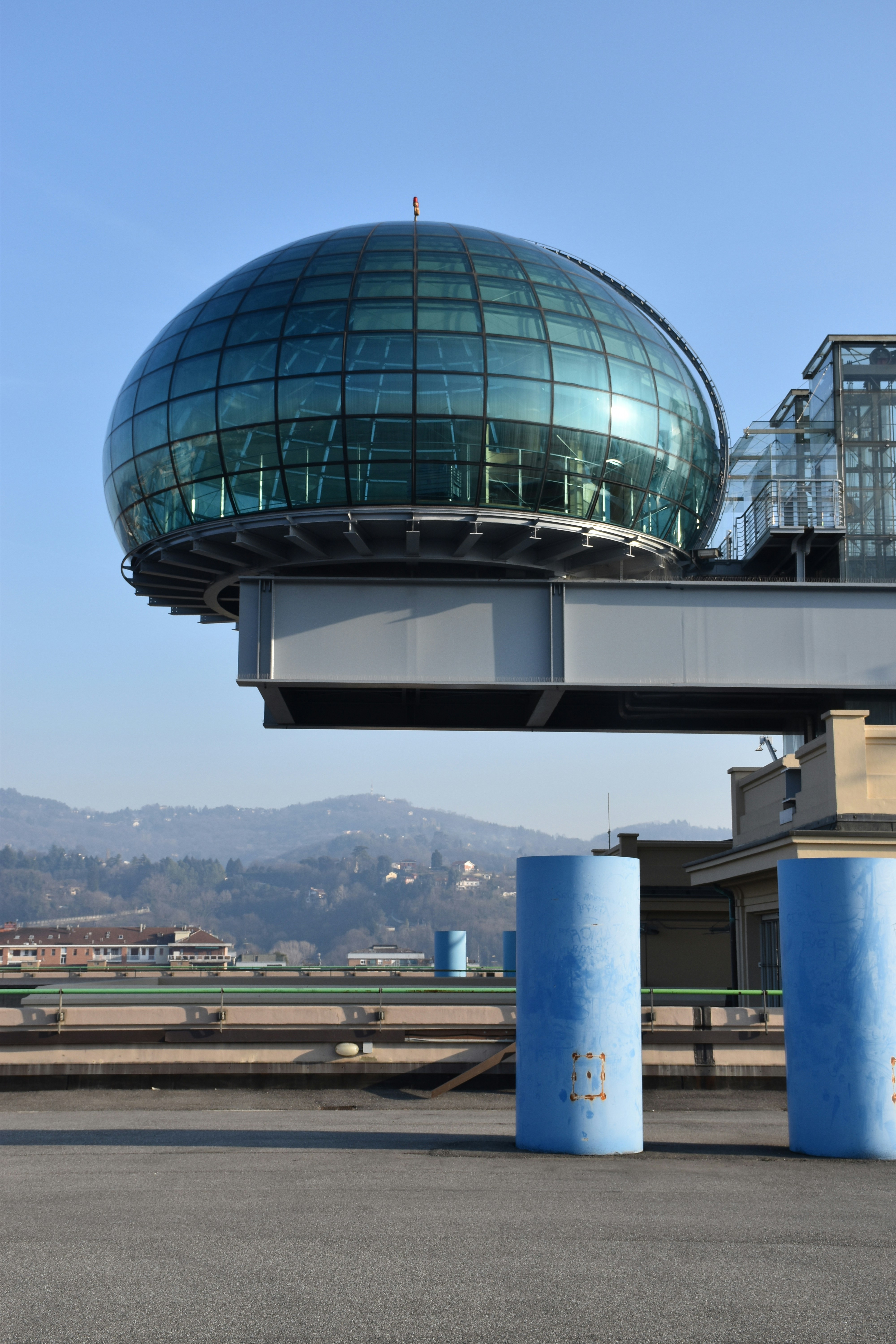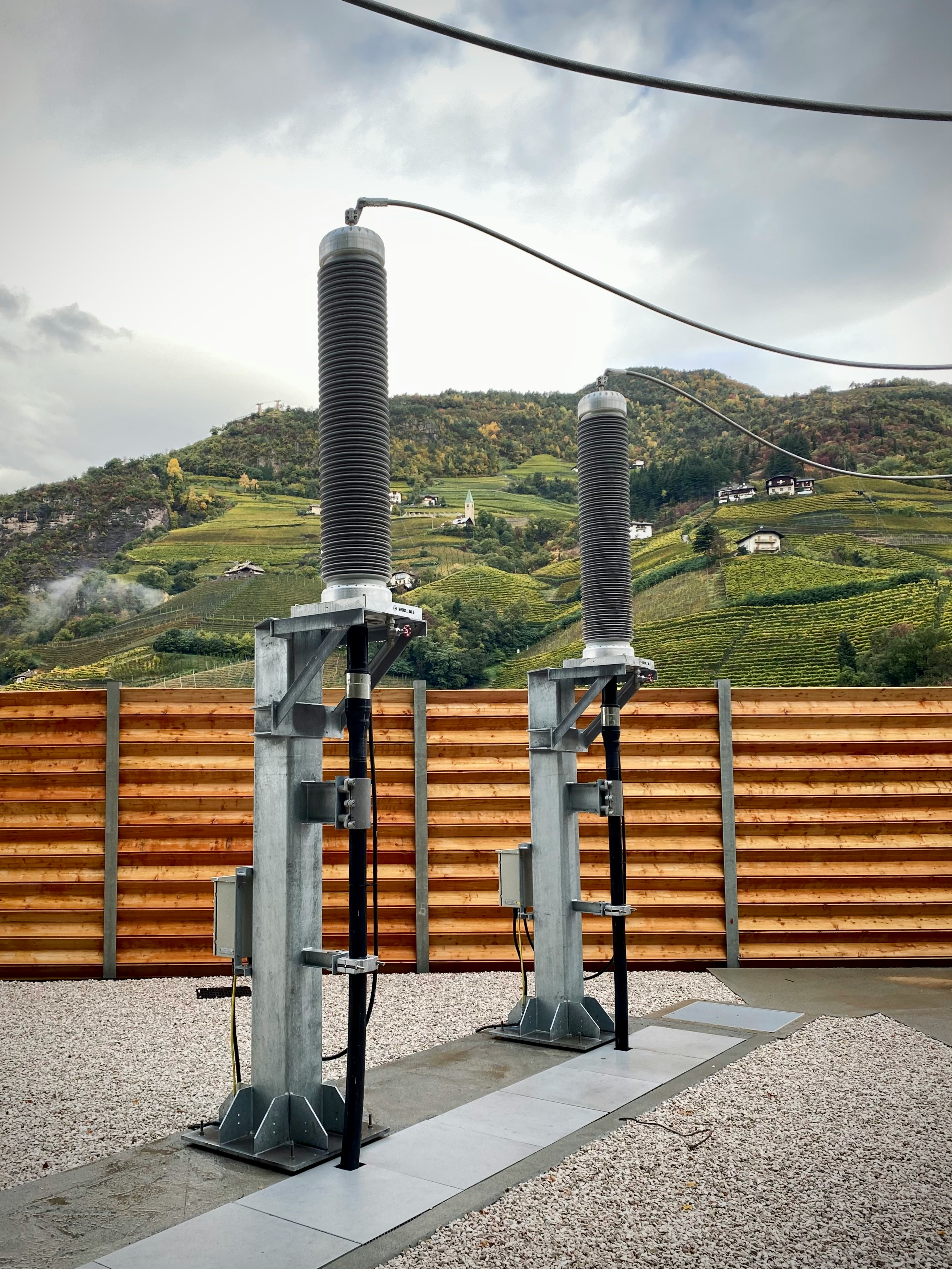National case studies: Case of Italy
Italy’s economic and social landscape has undergone profound transformations, shifting from an agriculture-based economy to industrialization and, more recently, to services. While living standards and education improved significantly, persistent territorial and social disparities remain, especially between Northern and Southern Italy.
The report highlights challenges in four key sectors:
· Automotive: Once centered around Fiat, now part of Stellantis, the sector faces major pressures from electrification and digitalization. Employment has declined sharply, especially among suppliers, and social dialogue has weakened, raising concerns about just transition and regional inequalities.
· Energy: The sector moved from a state monopoly to a liberalized market with strong public oversight. Renewables now cover over 40% of electricity demand, yet Italy remains dependent on fossil fuel imports. The green transition brings uneven regional impacts, with job losses in coal-dependent areas and new, often precarious, jobs emerging in green technologies.
· Healthcare and Care Services: While Italy’s universal healthcare system is a cornerstone of welfare, decentralization has created significant regional disparities. Long-term and elderly care rely heavily on families and migrant labor, with growing privatization and workforce precarity.
· On-Demand Transport: The rise of platforms like Uber has sparked regulatory conflicts with traditional taxi services. Recent agreements show a shift toward cooperation, but issues of algorithmic control and workers’ rights remain unresolved.


